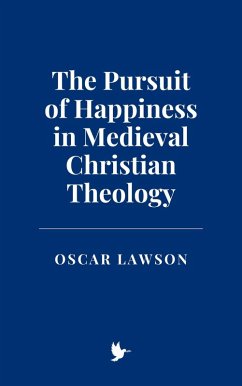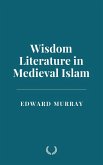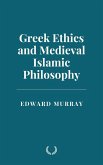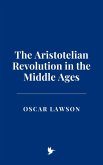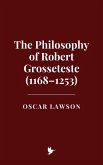The medieval period also saw the development of mystical traditions that offered rich and often poetic reflections on the nature of divine happiness. Figures such as Julian of Norwich and Meister Eckhart described the ineffable joy of union with God in terms that transcended scholastic categories. Julian's visions of Christ's love, encapsulated in her phrase "All shall be well," express a profound trust in divine providence and an assurance of ultimate joy, even amid suffering. Eckhart, on the other hand, spoke of a radical surrender of the self and the dissolution of ego as the path to true spiritual bliss.
The Christian understanding of happiness as articulated by these ancient and medieval theologians stands in contrast to modern secular notions, which often equate happiness with personal autonomy, emotional well-being, or material success. Instead, these thinkers remind us that happiness, in its deepest sense, is a transcendent reality rooted in the eternal. By drawing on scripture, tradition, and philosophical reason, they developed a vision of human flourishing that integrates virtue, suffering, and divine grace, offering a rich and enduring contribution to the perennial human quest for joy. Their works, from Augustine's Confessions to Aquinas' Summa, remain timeless invitations to seek the source of true happiness not in the fleeting goods of the world, but in the eternal goodness of God.
Dieser Download kann aus rechtlichen Gründen nur mit Rechnungsadresse in A, B, CY, CZ, D, DK, EW, E, FIN, F, GR, H, IRL, I, LT, L, LR, M, NL, PL, P, R, S, SLO, SK ausgeliefert werden.

